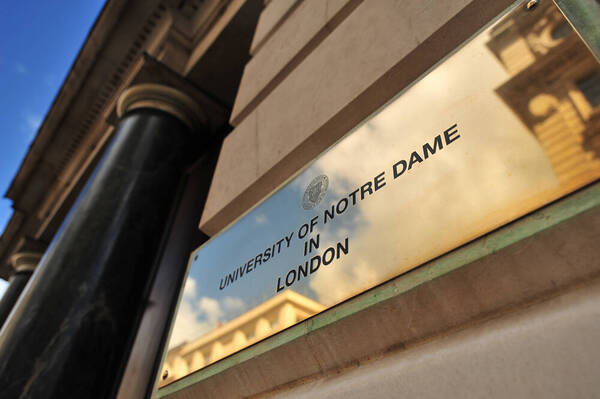
Why classical myth and autism?
The idea for this project started to take shape at a meeting in 2008 with a special needs teacher, who mentioned that, in her experience and those of her colleagues, autistic children often enjoy classical myth. I began to wonder why this might be the case, and whether – as a classicist who researches, and loves, classical myth – there was anything I could contribute. I started this blog to report on my progress which was often sporadic until the launch of the Warsaw-based European Research Council-funded project Our Mythical Childhood (2016-22) to trace the role of classics in children’s culture.
Wednesday, 19 April 2023
Getting ready to arrive somewhere new for an autistic take on classical myth in London

Sunday, 2 April 2023
Autism Acceptance Day - Sunday: where I look back and ahead, say more about ACCLAIM and possibly make up a new word to convey where I'm heading next
When I press send for this posting, I will have published seven in seven days, one for each day of Autism Acceptance Week.
I've gone in quite a few directions, including:
- talking about the potential in writing interactive mythological choose-your-own fiction
- reflecting on studying at a college that was attractive to neurodivergent people
- realising that the fit between a paper on Dance Movement Theory that I'll be writing for a conference in Coimbra later this year and the autism and myth activities I've developed/am planning is stronger than I'd realised.
I've not covered everything I thought I would. For example, on one of the days, I said that I was planning to write on Double Empathy Theory, but other things took over. But this will come: I am planning a new, post-Herculean, Medusean phase in my project - I just made up the word Medusean I think... - shaped by this Theory.
I'm going to end where I started on Monday with the Acclaim Network. Since Monday, several people have joined, including from the UK, Ireland and the US.
To date two new biographies are up - along with photos of the members' younger selves. Further bios will be added soon, possibly tomorrow.
 |
| Acclaim members as at 2nd April 2023: Mar-W |
I'm looking forward to finding ways of networking. The scope is vast given the range of interests and connections including to give just a very quick sense of what connects us:
- writing fairy-tale dystopian novels
- engaging marginalised students
- exploring classical myth in inclusive children's fiction
- investigating ancient Greek mythology in popular culture
- mapping intersections of history, culture and neurodiversity
- discovering myth as a portal to other worlds
- innovating performance research
- negotiating intersections of neurodivergence, gender identity, sexuality and antiquity
- applying multidisciplinary pedagogies
- mapping classical receptions in sci-fi, literature and TV
For more information - the above is far from complete - please read the bios here.
I'll share progress in this blog...
Saturday, 1 April 2023
Autism Acceptance Week - Saturday... Where I look back to my time studying at a haven for neurodivergent people
 |
| 2001 - in PhD gown with Keith Hopwood, my supervisor |
I made some similar comments a few years back - in a posting I wrote after a visit back in February 2019 where I gave a talk about the activities I was developing for autistic children involving Hercules.
 |
| 2019 - the start of a posting about a talk at Lampeter |
And then, when the editors of the alumni magazine, The Link invited contributions from former classics students where they looked back to their time as students, I sent in some memories and reflections. My comments were raw, not fully grammatical and from the heart. They've been published, alongside those of fellow former students in the current edition.
You can find them here - on page... Ah I can't actually share it I think, but here is a snippet mentioning my thirst to study myth and feeling at sea in early lectures:
 |
| 2023 - extract from the latest Lampeter Link |
I'm planning another posting tomorrow - for Autism Acceptance Day itself...

